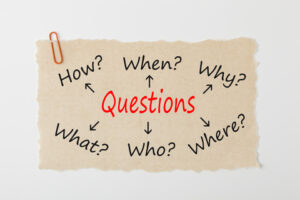Acting happy when you don’t feel happy is an important skill to master.
Sometimes acting happy can help you get more of what you want out of life. Our culture favors happy faces which is evident by the smiles that greet you on billboards and in advertisements. People are drawn to happy individuals. When you act happy you come across as confident and successful.
Acting happy when you are not is a good skill to acquire and know when to use.
It can be helpful in business or group interactions. During a business meeting or interview you want to appear open and positive. It can also be helpful to appear pleasant at a large social or family gathering even if you’d rather not be there.
Social smiling and acting happy is inviting and will help people feel more receptive and at ease with you. There is nothing wrong with it as long as you don’t compromise your inner truth or your highest values and morals. Acting happy is sometimes all you need to get out of a small funk. Fake it to make it can absolutely work.
Benefits to Acting Happy when you aren’t:
- Elevate your current mood
- Increase confidence and self esteem
- Ease tension and anxiety
- Appear more attractive
- More likely to get hired or get a date
- Establishes rapport with new people
- Helps you be more productive and get promotions
- Can spark creativity and more brain power
When is it a bad idea to “act happy?” When coaching people regarding their important personal relationships, I advise them to communicate what they truly feel. Take the time to be honest with yourself and know your truth so that you can accurately express these emotions. In important personal relationships you don’t want to act happy or say you are happy when you aren’t. Your unhappiness is expressed non-verbally and the mixed message you give will undermine your relationship.
Negative Consequences for Acting Happy when you aren’t:
- Inner conflict of not being true to yourself
- Distance those you are closest to
- Feel disappointed in yourself
- Obstacle to becoming truly happy
- Will hurt others and in turn yourself
- Betrays trust in a relationship
Sometimes it is OK to act happy and sometimes it is not. Be sure you make a thoughtful choice. Everyone is different and every situation is different. Take a moment to be aware of any potential practical or emotional consequence.
Margo Geller, LCSW – Licensed Counselor and Life Coach
Call me for a complimentary consultation. I’d love to help you!
Blog post written by Margo Geller and Debra Livingston




